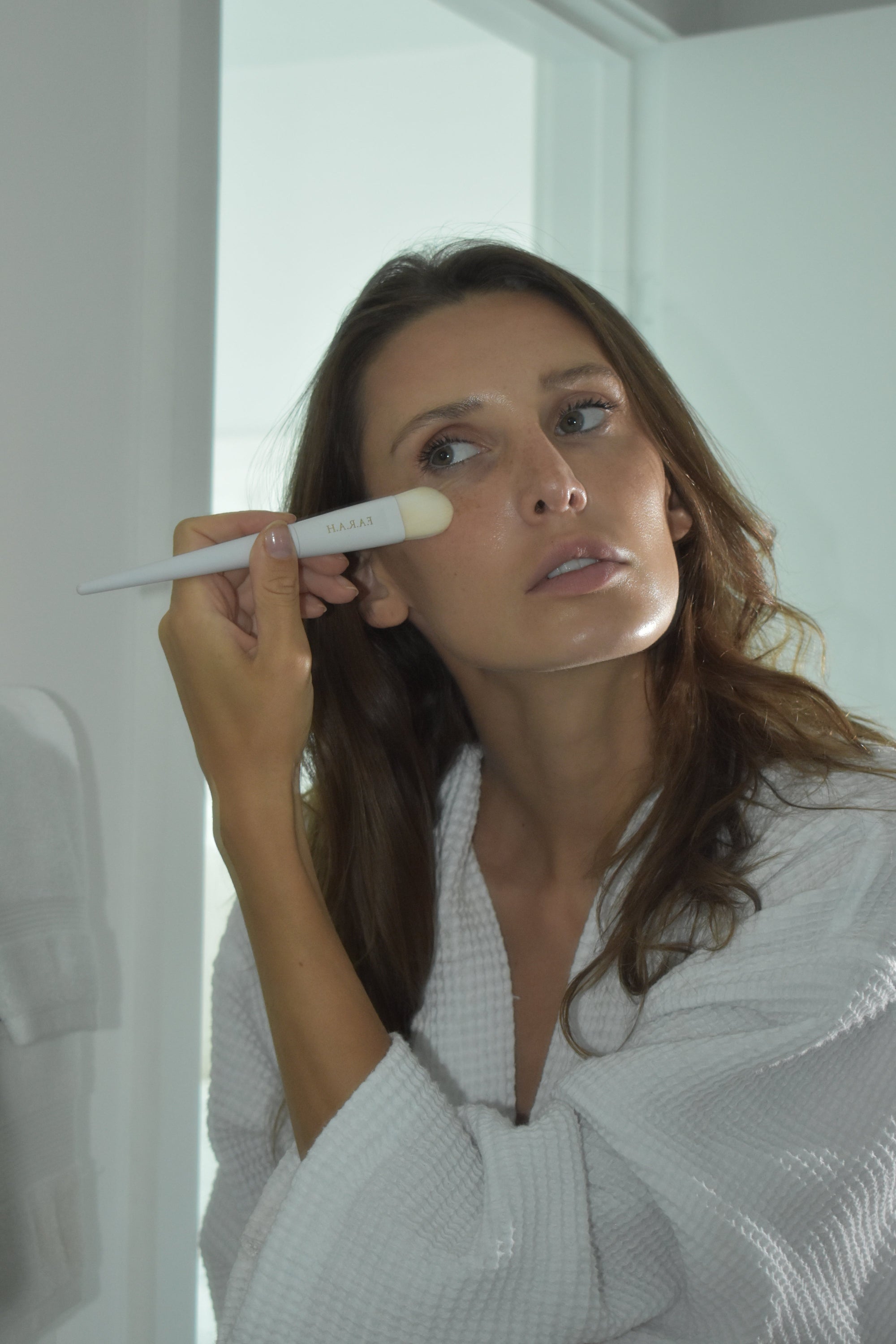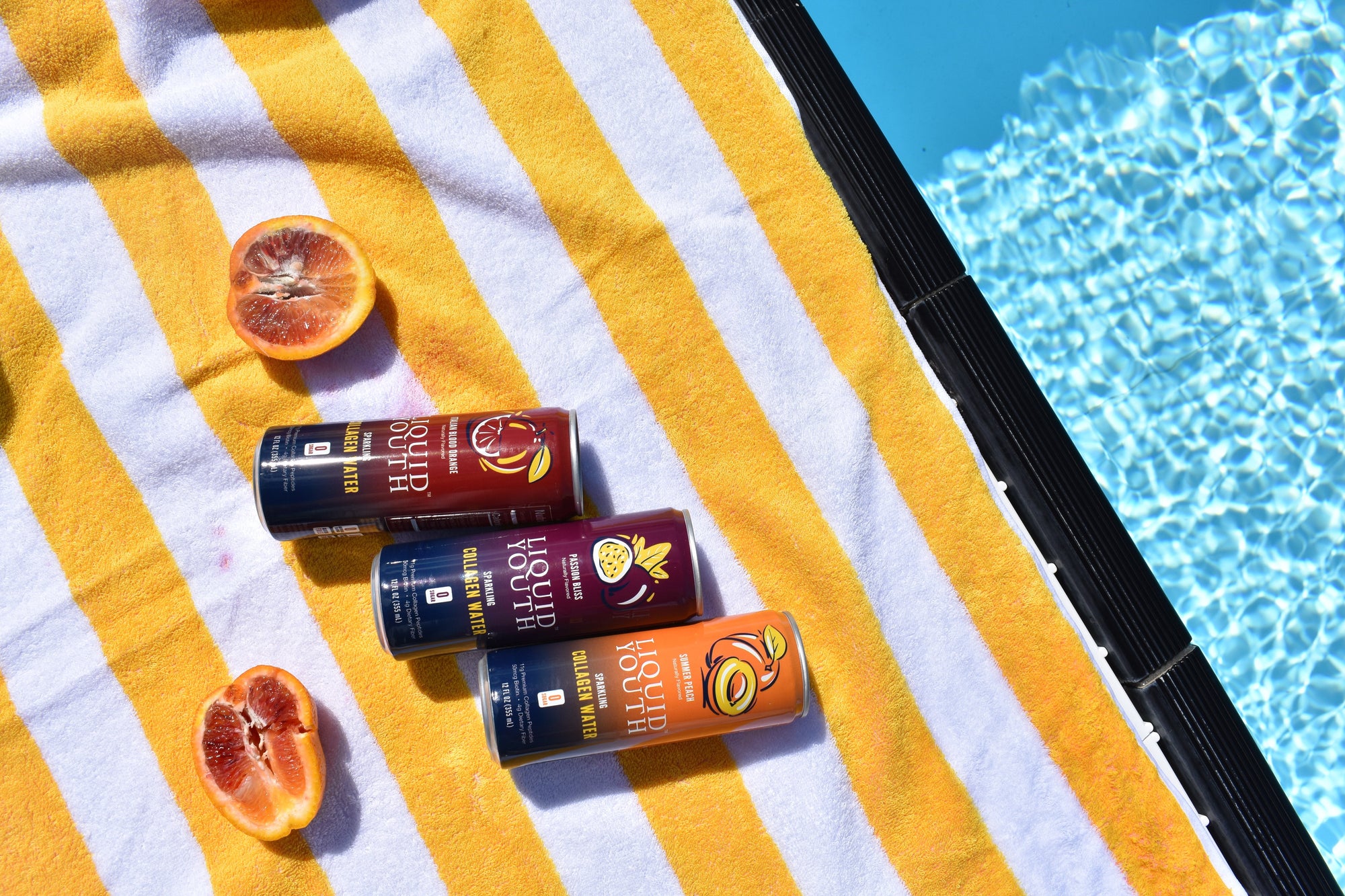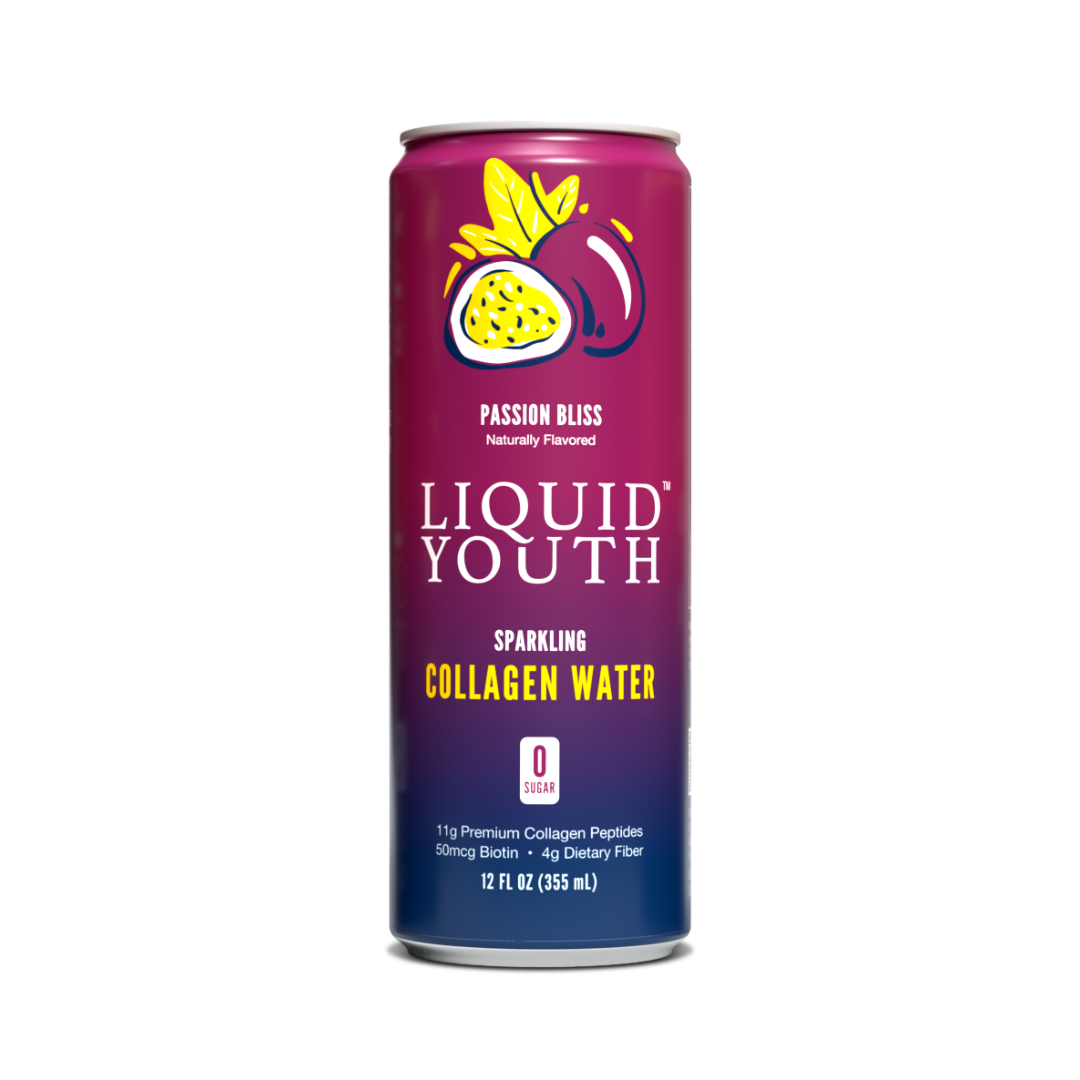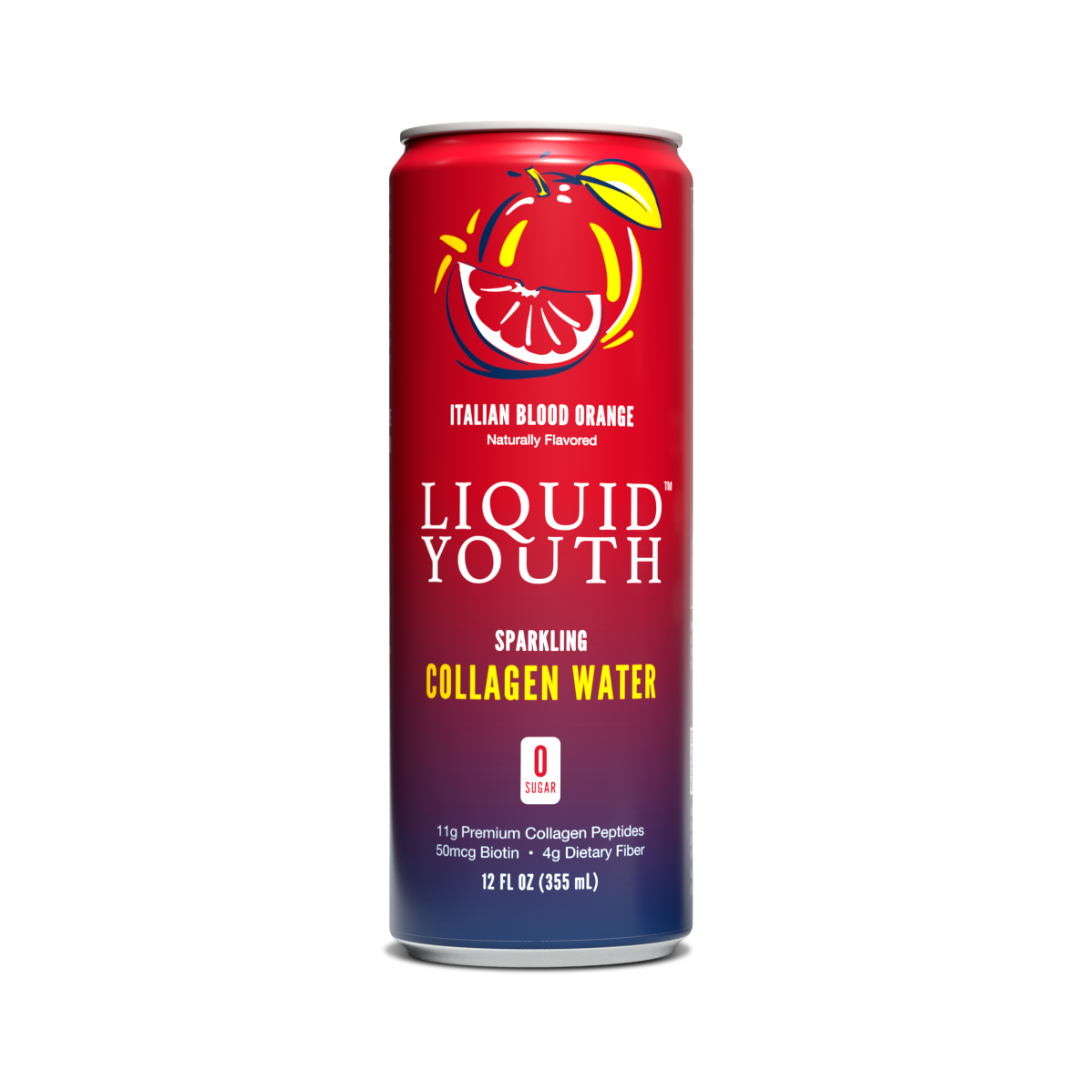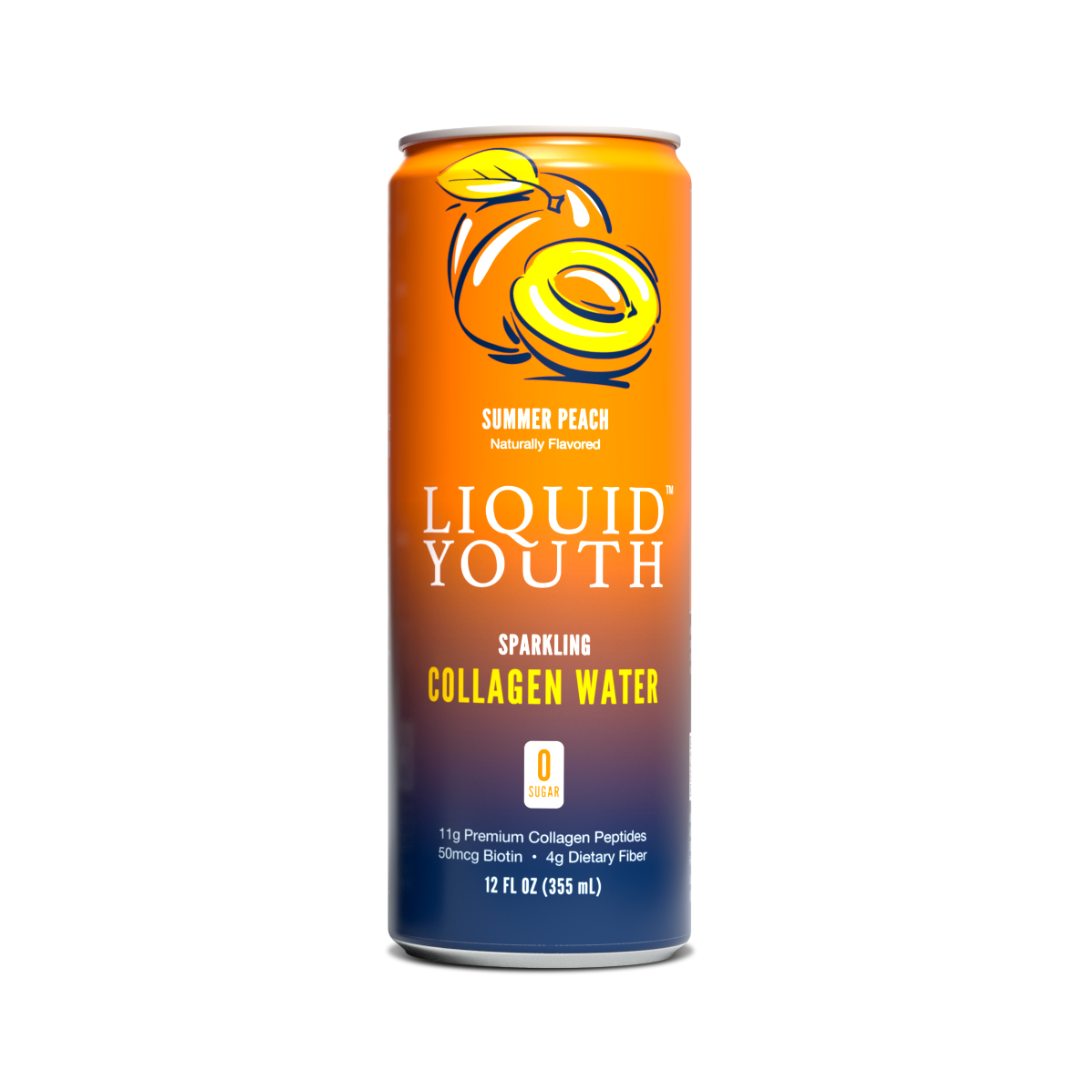Key points:
-
Collagen peptides may support skin health. Topical creams don’t rebuild collagen, and results usually take 8–12 weeks rather than days.
-
Collagen works best as part of a holistic routine. While collagen peptides may improve hydration and elasticity, true youthful skin also relies on SPF, antioxidants, hydration, nutrition, and lifestyle choices.
-
Benefits vary by age, genetics, and habits. Younger women may notice subtler effects, while both younger and older adults can use collagen as part of a daily collagen routine to help build sustainable beauty habits and long-term skin health.
Common Misconceptions About Collagen Peptides in Skincare
Collagen peptides have been everywhere lately—from TikTok beauty hacks to that friend who swears by her morning collagen coffee. They’re often hyped as the secret to youthful skin and a glowing complexion. But with all the noise in the beauty world, it’s easy to get swept up in myths. This article untangles fact from fiction with science-backed insights and shows you how a simple collagen habit for glowing skin can fit into your wellness routine.
What Are Collagen Peptides?
Picture collagen as the scaffolding that keeps your skin smooth and bouncy. Over time, that scaffolding weakens—thanks, aging—and the skin starts to sag.1 Collagen peptides are like pre-snipped building blocks. They’re collagen broken down into smaller pieces (through hydrolysis), which may be easier for your body to absorb and put to work.2
If you’ve ever added protein powder to a smoothie, you already get the idea. These smaller peptides can be blended into your daily routine—smoothies, teas, or even those trendy collagen waters—so your body has the raw materials it may need to support skin hydration and elasticity.
Why People Take Them
Women (and plenty of men, too) turn to collagen peptides for health and wellness reasons. With all the benefits from beauty to joint support, it’s no wonder so many are adding collagen to their daily collagen routine benefits. But before you take collagen peptides, let’s tackle the biggest myths and what the realistic expectations are.
Myth 1: “Collagen creams penetrate deep to rebuild skin’s collagen.”
Wouldn’t it be amazing if your favorite cream worked like Botox in a jar? Sadly, the science says otherwise. Topical collagen molecules are simply too big to slip past the skin’s outer layer, the stratum corneum4,5,8,10. That means they hydrate the surface (hello, dewy glow) but don’t rebuild your skin’s deeper collagen structure.
What does help? Oral collagen peptides. Several studies show they may support your body’s natural collagen production, improving elasticity and hydration over time3. So, think of creams as a short-term “drink of water” for your skin and supplements as the long-term “collagen savings account.”
Myth 2: “All collagen supplements are the same.”
Nope. Think of collagen like shoes: stilettos, sneakers, and sandals all serve different purposes. Collagen comes in types:
Type I & III: Linked to skin structure and elasticity.
Type II: Found in cartilage, mostly for joint health.
When consuming collagen peptides, it is important to consume some foods with vitamin C, which may boost effectiveness. Liquid Youth Collagen Water contains both type I & III collagen.
So, if you’re investing in collagen, it’s worth choosing one that fits your skincare goals—not just grabbing the first tub on sale.
Myth 3: “You’ll see results in just days.”
We’ve all been there—buying a new serum on Monday and checking the mirror obsessively by Wednesday. Collagen doesn’t work that fast. Skin turnover takes weeks. Most clinical studies show results after 8–12 weeks of consistent use.6, 7
That means collagen is more like training for a 5K than a quick sprint. Consistency matters. It may take a couple of months, but those small, daily doses add up—making it an ideal part of how to build beauty habits that last.
Myth 4: “Collagen alone is enough for youthful skin.”
Collagen may be an important piece of the puzzle, but it’s not the whole picture. Your skin also depends on elastin, hydration, antioxidants, and—don’t roll your eyes—sunscreen. Lifestyle plays a huge role, too. Late nights, stress, and sugar binges can undo a lot of progress.
So, while a collagen powder may support your glow, pairing it with SPF, plenty of water, and a balanced diet creates a much stronger foundation. Think of it like a girl gang: collagen may be the star, but it needs a solid squad to really shine.
Myth 5: “Collagen peptides benefit everyone equally.”
Here’s the truth: results vary. Some women notice softer skin and stronger nails within months. Others see subtle changes, if any at all. Why? Because genetics, age, diet, and even gut health all affect how collagen is processed.
Younger women, who naturally produce more collagen, may not see dramatic differences compared to older women. It doesn’t mean collagen “isn’t working”—it may just be supporting your body quietly behind the scenes.
Myth 6: “Collagen peptides are only for older adults.”
Collagen loss doesn’t wait until your 50s. It starts in your mid-20s.8 Add in sun exposure, pollution, or too much stress, and you’ve got an early dip in collagen. That’s why starting a collagen habit for glowing skin earlier may help support long-term elasticity and hydration.
Bottom Line
Collagen peptides may not be miracle powders, but they can support your glow when combined with smart habits. Here’s what to remember:
-
They may help with hydration and elasticity
-
Results usually show after 8–12 weeks
-
They work best alongside SPF, nutrition, sleep, and hydration
If you’re figuring out how to build beauty habits that stick, adding a daily collagen routine is a smart, science-backed step. It’s less about overnight fixes and more about creating small, steady habits that pay off—kind of like remembering to floss or finally drinking that water you poured an hour ago.
References
-
Shuster, S., Black, M. M., & McVitie, E. (1975). The influence of age and sex on skin thickness, skin collagen, and density. British Journal of Dermatology, 93(6), 639–643. https://doi.org/10.1111/j.1365-2133.1975.tb05113.x
-
Avila Rodríguez, M. I., Rodríguez Barroso, L. G., & Sánchez, M. L. (2018). Collagen: A review on its sources and potential cosmetic applications. Journal of Cosmetic Dermatology, 17(1), 20–26. https://doi.org/10.1111/jocd.12450
-
Bolke, L., Schlippe, G., Gerß, J., & Voss, W. (2019). A collagen supplement improves skin hydration, elasticity, roughness, and density: Results of a randomized, placebo-controlled, blind study. Nutrients, 11(10), 2494. https://doi.org/10.3390/nu11102494
-
Lubart, R., & Lipovsky, A. (2022). Immediate and long term clinical benefits of a novel topical micronized collagen face cream. Journal of Cosmetics Dermatological Sciences and Applications, 12(4), 153–163. https://doi.org/10.4236/jcdsa.2022.124013
-
Sparr, E., Millecamps, D., Isoir, M., Burnier, V., Larsson, Å., & Cabane, B. (2013). Controlling the hydration of the skin through the application of occluding barrier creams. Journal of the Royal Society Interface, 10(80), 20120788. https://doi.org/10.1098/rsif.2012.0788
-
Proksch, E., Schunck, M., Zague, V., Segger, D., Degwert, J., & Oesser, S. (2014). Oral intake of specific bioactive collagen peptides reduces skin wrinkles and increases dermal matrix synthesis. Skin Pharmacology and Physiology, 27(3), 113–119. https://doi.org/10.1159/000355523
-
Genovese, L., Corbo, A., Sibilla, S., & Favaro, E. (2017). Effect of a nutritional supplement containing collagen peptides on skin elasticity, hydration and wrinkles. Journal of Medicinal Food, 20(7), 643–651. https://doi.org/10.1089/jmf.2016.0130
-
Varani, J., Dame, M. K., Rittie, L., Fligiel, S. E. G., Kang, S., Fisher, G. J., & Voorhees, J. J. (2006). Decreased collagen production in chronologically aged skin. American Journal of Pathology, 168(6), 1861–1868. https://doi.org/10.2353/ajpath.2006.051302
-
Lubart, R., & Lipovsky, A. (2022). Immediate and long term clinical benefits of a novel topical micronized collagen face cream. Journal of Cosmetics Dermatological Sciences and Applications, 12(4), 153–163. https://doi.org/10.4236/jcdsa.2022.124013
-
Sparr, E., Millecamps, D., Isoir, M., Burnier, V., Larsson, Å., & Cabane, B. (2013). Controlling the hydration of the skin through the application of occluding barrier creams. Journal of the Royal Society Interface, 10(80), 20120788. https://doi.org/10.1098/rsif.2012.0788

